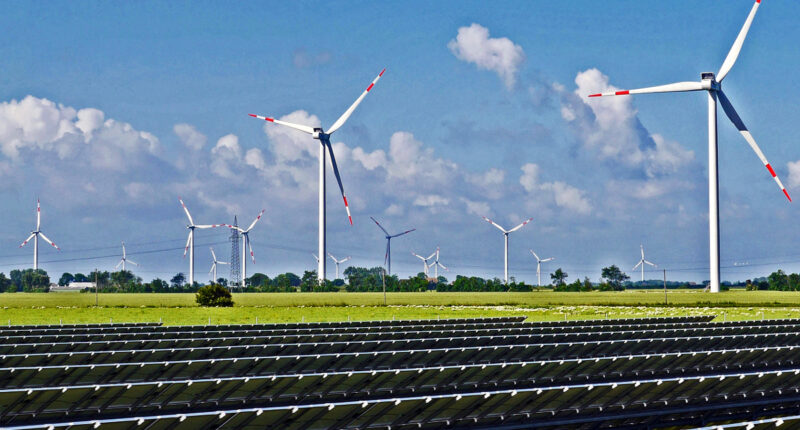Artificial intelligence data centre growth risks driving unnecessary fossil fuel infrastructure construction, but technology firms possess capabilities to power development through renewable energy strategies instead, new research demonstrates.
Analysis published by As You Sow and Sierra Club reveals that inflated demand forecasts encourage utilities to build gas plants whilst companies could achieve faster deployment through clean energy approaches.
“AI has the potential to reshape our economy. Without transparency and smart planning, we risk building a fossil-fuelled foundation that locks in high energy costs and climate damage for generations,” said Kelly Poole, As You Sow’s Climate and Energy Programme Coordinator.
The report contrasts different corporate energy strategies. Google has established utility agreements enabling artificial intelligence workload shifts between facilities during peak demand periods, reducing grid strain whilst accelerating construction timelines. Meta’s alternative approach involves proposing a 2.2 gigawatt Louisiana campus requiring new gas plants to supply electricity equivalent to 1.5 million households.
Meta’s Louisiana project could generate nearly 100 million tonnes of carbon emissions across a 15-year contract period, placing environmental burdens on communities already experiencing pollution exposure.
“Technology companies have demonstrated their inventiveness and problem-solving abilities. The tech companies that demand and facilitate clean, low-cost energy sources are well placed to be long-term leaders in AI technology development,” Poole observed.
Current climate damages exceed $180 billion annually from extreme weather events across the United States. The research identifies mounting risks for utilities, technology firms and investors including fuel price volatility, regulatory restrictions and public opposition affecting companies pursuing fossil-dependent strategies.
Utilities face stranded asset exposure when constructing infrastructure based on speculative demand projections. Many data centre proposals involve approaching multiple utilities for identical projects, creating inflated pipeline assessments.
“Utilities are treating speculative data centre requests as a green light to overbuild gas plants,” explained Jeremy Fisher, Principal Advisor for Climate and Energy at Sierra Club.
Renewable energy deployment combined with demand flexibility can satisfy projected requirements whilst supporting grid decarbonisation objectives. Regulatory frameworks increasingly mandate accountability measures from large electricity consumers, with jurisdictions introducing renewable energy requirements and financial protection mechanisms for residential customers.
Technology companies implementing transparent procurement strategies and operational efficiency measures establish advantageous positions for sustained artificial intelligence leadership.











